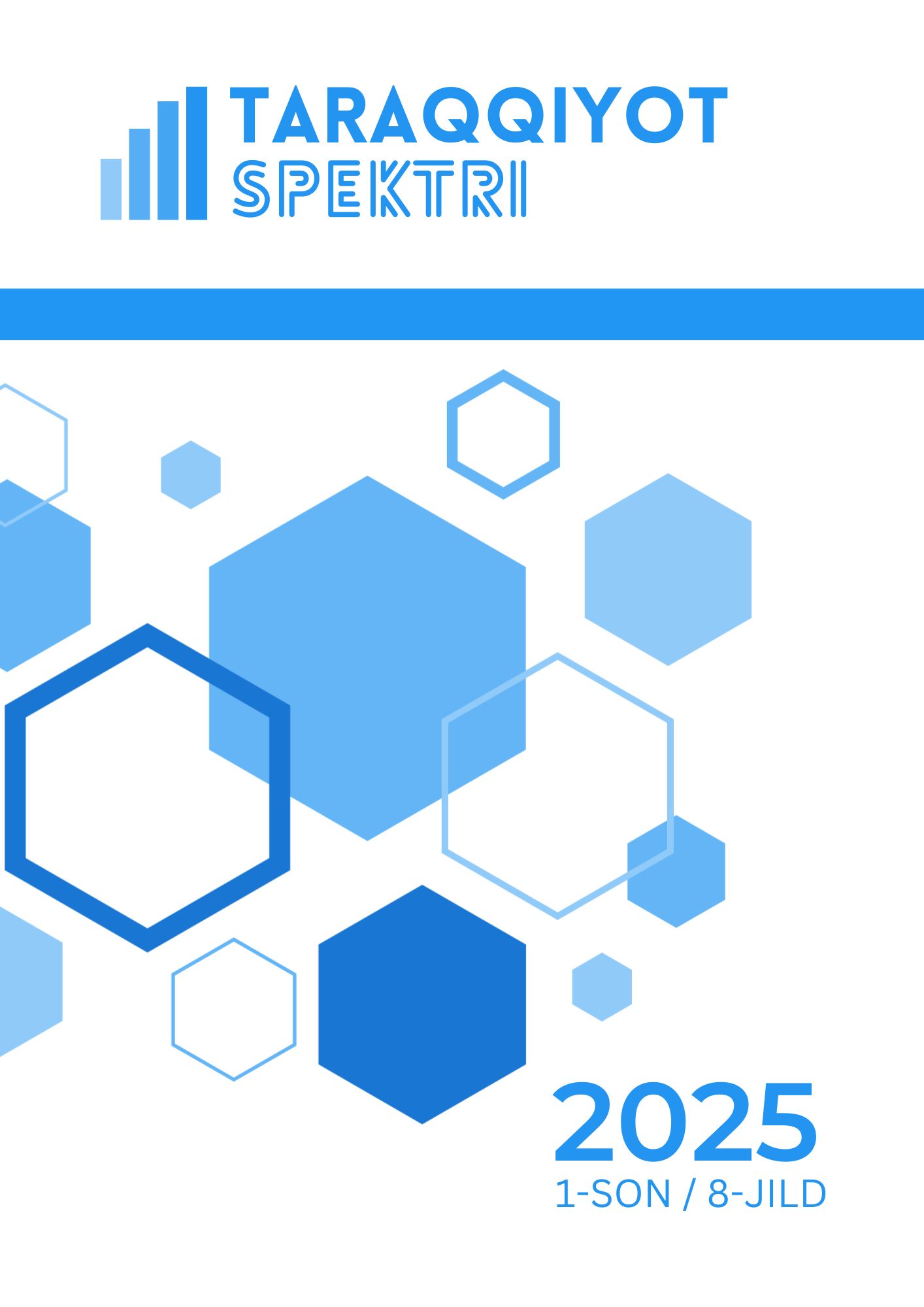Raqamli asr ona-qiz munosabatlarida: ijtimoiy tarmoqlar va generatsiyalar farqi
Keywords:
Digital age, mother-daughter relationships, adolescents‘ mental health, ―Mafia‖ game, conflict, misunderstanding, digital divide, cyberbullyinAbstract
This article is devoted to a comprehensive analysis of the processes of
change in the relationship between mother and daughter in the age of digital technologies.
The study examines the impact of social networks, digital communication tools, and
modern information technologies on the personality development of adolescent girls and
the dynamics of family relationships. In addition, the study also analyzes the socio
psychological problems arising as a result of the generation gap. At the same time, the
article highlights how mother-daughter relationships are changing under the influence of
modern technologies, and the conflicts between traditional values and digital culture. It
provides comments and suggestions on the misunderstandings that occur during
adolescence, which is one of the important processes in our lives.
References
1. Barrie, C. K., Bartkowski, J. P., & Haverda, T. (2019). The digital divide among
parents and their emerging adult children: Intergenerational accounts of technologically
assisted
family
communication.
Social
Sciences,
8(3),
83.
https://doi.org/10.3390/socsci8030083
2. Christopher Schwartz, Rebekah Overdorf. (2019). «Subtle Censorship via
Adversarial Fakeness in Kyrgyzstan». arXiv.
3. HalfTheSky Movement. (n.d.). «Digital Rights for Girls».
4. Axmedov, Sh. (2021). «Raqamli avlod va oila munosabatlari: Ona-qiz
munosabatlarining zamonaviy tahlili». Toshkent: O‗zbekiston Milliy Universiteti
Nashriyoti.
5. UNICEF. (2020). «The State of the World's Children 2020: Children, Technology and
the Digital World». https://www.unicef.org/reports/state-of-worlds-children-2020
6. World Health Organization. (2018). «Adolescent mental health».
7. Qodirova, M. (2020). «Ijtimoiy tarmoqlar va yoshlar psixologiyasi: Oʻzbek sharoitida
tahlil». Psixologiya va Pedagogika
8. Kuss, D. J., & Griffiths, M. D. (2017). «Social Networking Sites and Addiction: Ten
Lessons Learned». International Journal of Environmental Research and Public Health,
14(3), 311. https://doi.org/10.3390/ijerph14030311
9. Livingstone, S., & Smith, P. K. (2014). «Annual Research Review: Lifting the Lid on
Internet Childhood Research». Journal of Child Psychology and Psychiatry, 55(6), 635
648. https://doi.org/10.1111/jcpp.12197
10. Tursunova, G. (2019). «Generatsiyalararo kommunikatsiya va raqamli madaniyat: Ona
va qiz o‗rtasidagi munosabatlarga ta‘siri». Ilmiy Axborot, 5(8), 78-84.
11. https://daryo.uz/2025/05/23/ozbekistonda-shaxsga-doir-malumotlarning-xavfsizligi
bugungi-holati-va-kelajak-istiqbollari
12. https://daryo.uz/2022/01/26/shavkat-mirziyoyev-inson-qadri-biz-uchun-qandaydir
mavhum-balandparvoz-tushuncha-emas/
13. https://www.halftheskymovement.org/digital-rights
14. https://arxiv.org/abs/1906.08021
15. https://www.who.int/news-room/fact-sheets/detail/adolescent-mental-health

